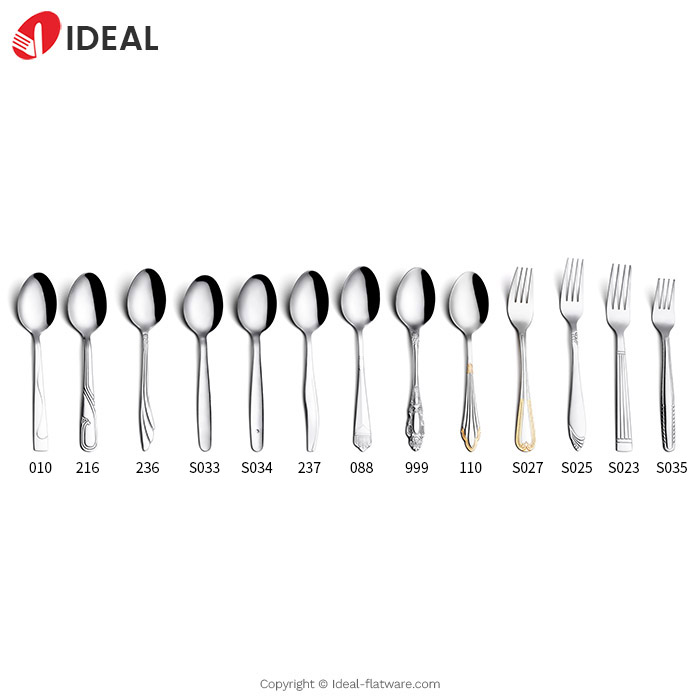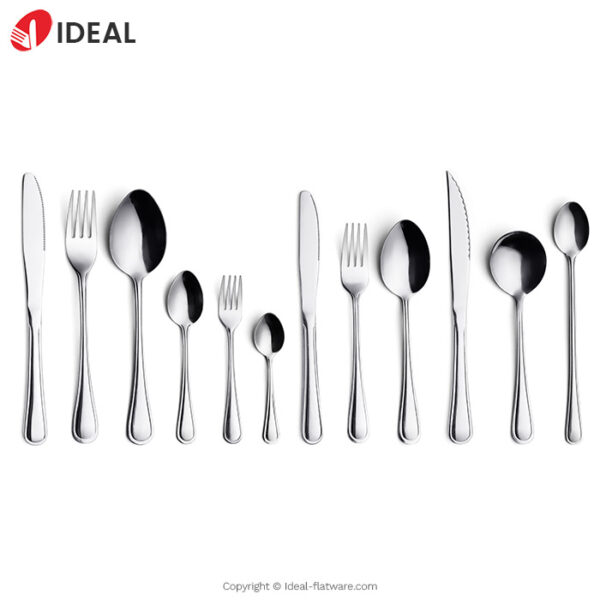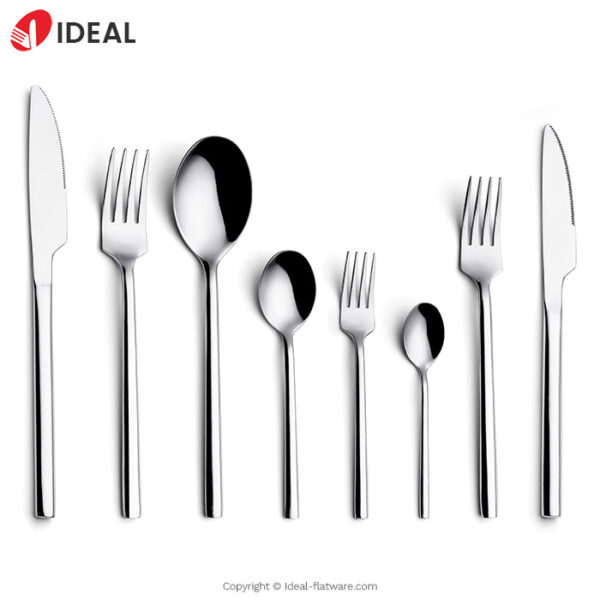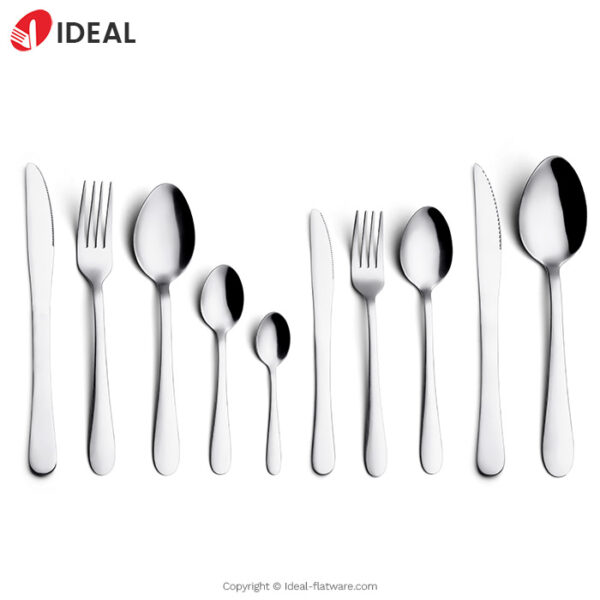
Silver or silver-plated metal flatware is beautiful to use and adds a touch of refinement to your table. Nevertheless, given how readily silver tarnishes, does using silver silverware make sense?
Silver becomes black when exposed to sulfur, a common airborne pollutant. Chemical reactions occur, resulting in the production of a black covering. Silver oxidizes faster in locations with a lot of sunlight and a high relative humidity.
Moreover, the natural oils in your skin may cause silver jewelry to react with it. Contact with cosmetics, hairspray, perfume, antiperspirant, body cream, chlorine, and other chemicals can also hasten the oxidation process.
What you eat, how much alcohol you drink, and whether or not you take medicine all have an influence on how much silver interacts with these chemicals from your skin. Items like these can alter the pH of your skin and cause an allergic response.
Cleaning dishes in the dishwasher saves time and work, but it can also destroy the designs on expensive plates and leave your flatware looking less than spick-and-span. Furthermore, because most people do not run the dishwasher until it is completely empty, their cutlery is more likely to come into touch with food.
The next article will reveal what happens when stainless steel turns black, so stay tuned and thank you for your attention and support!






